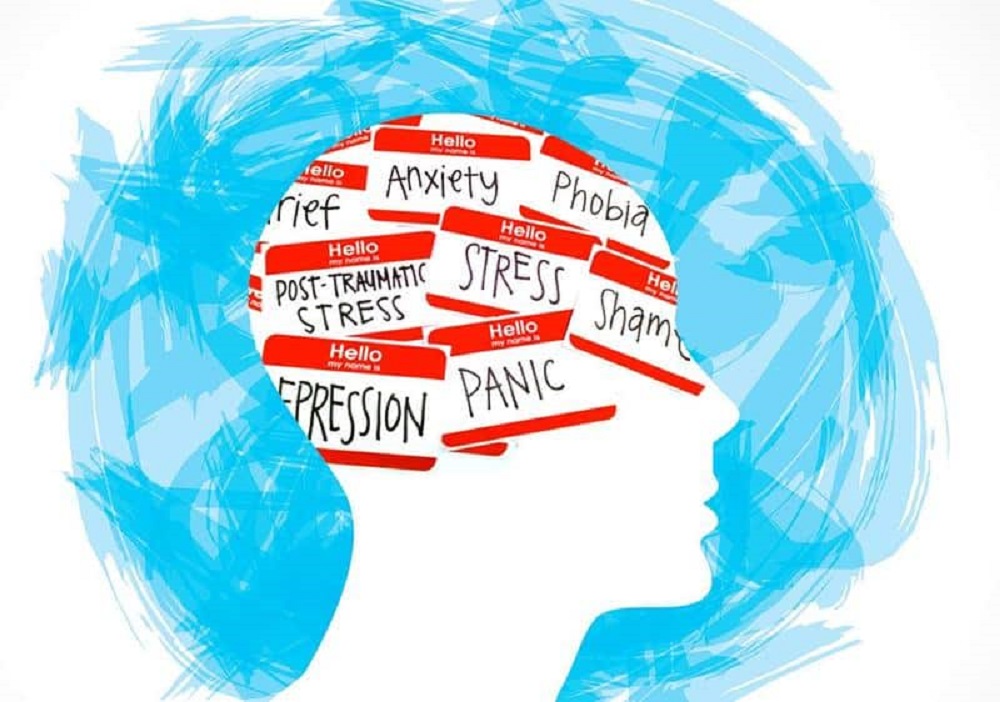Mental Health Awareness Day 2022
One of the things I am grateful for, living and teaching in the US, is the seriousness with which mental health is taken. There is no stigma to a student taking time off because they are struggling with their mental health. Colleagues talk about their challenges the same way one would talk about the challenges […]

One of the things I am grateful for, living and teaching in the US, is the seriousness with which mental health is taken. There is no stigma to a student taking time off because they are struggling with their mental health. Colleagues talk about their challenges the same way one would talk about the challenges of having diabetes or any other illness. In my nonfiction class, students write about and discuss mental health (theirs sometimes) with respect and normalcy.
When World Mental Health Day rolled around this week, the only tweet I wanted to write was ‘Normalise talking about mental health challenges’, because I was thinking of some of the conversations I have had with Nigerians about mental health illnesses, particularly depression. However, while it’d be remiss of me not to acknowledge how far we’ve come (shout out to Mentally Aware Nigeria for their phenomenal work), I am also reminded of how much work there is still to be done.
I heard someone say (again) recently that Nigerians cannot suffer from depression because we are apparently the “happiest people on earth.” An ignorant thing to say no less but not a rare thing to hear, sadly. Depression has been called a silent epidemic on our continent, yet the WHO estimates that 85 per cent of sufferers in Africa do not have access to effective treatment. More disturbingly, apparently most African governments spend less than one per cent of their allocated health budget on mental health. During campaigns for political office, mental health rarely even rears its head. It is no wonder that some of us believe in the fallacy of its nonexistence.
No wonder that people still routinely conflate sadness with depression. I have heard folks ask of people who are obviously going through mental health challenges what they’ve got to be sad about, “after all they’ve got money.” Or tell a sufferer to “get over” their depression because someone else is worse off.
Folks, depression isn’t something one wishes away or can discard at will. It isn’t about being weak, not something that ‘tough love’ is likely to fix. Depression is more than just being sad. While everyone has moments of sadness, depression is – for want of a better word – hopelessness plus despair that does not go away (without help), which is why the prevalent myths about it need to be challenged.
First myth is that only the poor and the unsuccessful suffer from depression. Folks, depression doesn’t care about how much fame or money one has – recall Anthony Bourdain? He had work. He had fame. He had family. He had money. And yet, he locked himself in his hotel room and killed himself. Seventy-six-year-old country music star, Naomi Judd, killed herself a couple of months ago. Again, she wasn’t poor or struggling. She was worth $25 million; she could afford anything she wanted. Cheslie Kryst, former Miss USA, a reporter and former attorney had all successes one could wish for. Yet, at 30 years old, she succumbed to her depression and killed herself. I could go on and on. Please note that I am not suggesting that every depressed patient has suicide ideation. However, in the above cases, their depression pushed them to end their lives because the illness often makes it difficult to see anything beyond the darkness that is its companion.
Another myth is that you can tell by looking at someone, whether they are depressed or not. My people, biko, you can look happy on the outside and yet suffer from depression. Years ago, a friend of mine killed himself. This man was one of the happiest people I knew. You couldn’t be in his presence and not laugh. Plus he had the loudest, most infectious laugh of anyone I know. When I think of him, what I remember is his booming laugh. I cannot recall any instance when he wasn’t high on life. He was hilarious, always joking, and up until the day he killed himself, no one looking on from the outside would have suspected that he was struggling with his mental health.
A third prevalent myth is that depression is all in the mind. I’ve heard folks suggest that someone who is depressed ought to think happy thoughts. I don’t think it is as easy as that. Depression is not simply someone thinking sad thoughts. It is an illness like other illnesses and is treatable with drugs and therapy.
If it is treatable with drugs and therapy, how come so few people (on the continent) seek help? Stigma. How do we destigmatise it so that patients get the help they need? By normalising talking about mental health issues (not just depression). Nobody is ashamed to say they have malaria or diabetes or migraine. Why be ashamed to say you suffer from a mental health condition? How do we normalise talking about it? By creating awareness. Start with yourself. Educate someone else so they can educate another person. Little drops of water making a mighty ocean and all that, right? And while we are at it, let us put pressure on our leaders to make mental health a priority.
